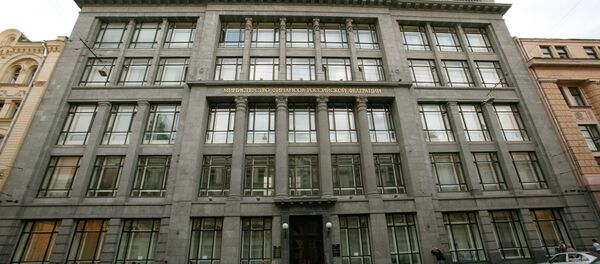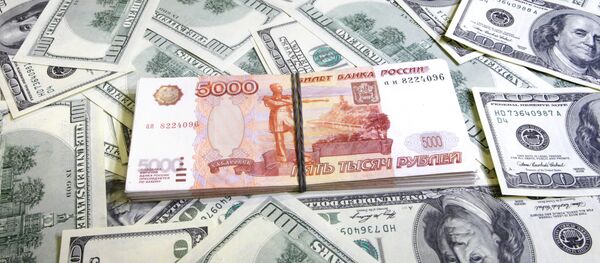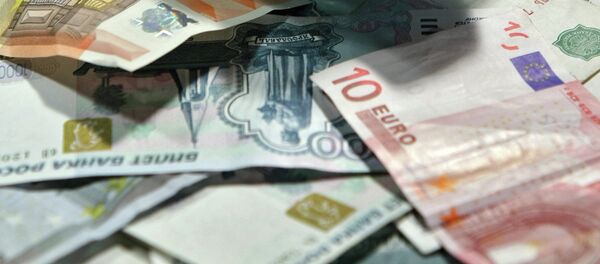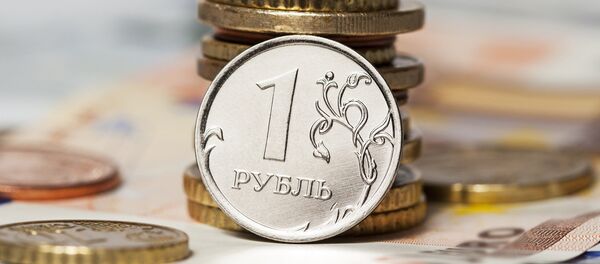“The whole thing is about Ukraine. If the Ukrainian crisis were to de-escalate, that would take pressure away from Russia. It may be naïve right now, but if everyone agrees that Ukraine is a buffer between Russia and Europe, Russia and NATO, then I think you could see an improvement,” Jakobsen said.
“It will be a long winter, but by the summer, the crisis should be over,” he emphasized.
“This wasn’t a wise move [on behalf of the central bank] at all. It only showed the Russian Central Bank was desperate. It was a red color for the bull,” Jakobsen said.
“Russia is already in an economic crisis. A financial crisis is characterized by the lack of liquidity, and we are getting close to that in Russia. It will be hard to get foreign currency in the country. The economic crisis may now lead to a financial crisis,” he added.
Russia has suffered the heaviest blow to its stock market, which is now the cheapest in the world. But it was not the only energy-based economy to feel the effect of oil prices dropping below $60 per barrel. Norway’s krone lost some 4 percent against the euro on Tuesday, a significant amount even if a fraction of the ruble’s 20 percent fall the same day.
The Saxo Bank economist said the ruble would most likely remain volatile in the short-term, trading up and down without much recovery or fall, although a financial collapse remains more likely than a full recovery, he said.
Russia is following the paths of Iceland and Cyprus, both of which managed to lock in assets using capital controls. Such government regulations of capital inflows and outflows would allow for a warmer business climate, he said.
“We need to see business people flying in and out of Russia, now it is politicians and I have not seen a politician ever achieve anything that is good for the economy in my whole career,” Jakobsen said.
Saxo Bank has been in business since 1992 and specializes in online trading and investment across global financial markets.






